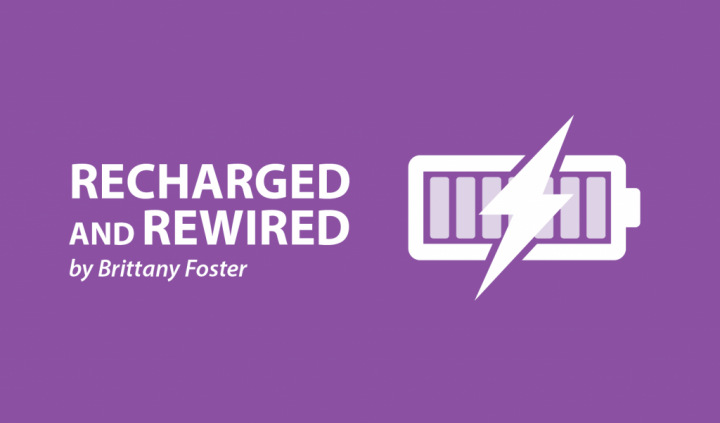Take Advantage of Workplace Accommodations
Written by |

According to the National Consortium on Racial and Ethnic Fairness in the Courts, “National Disability Employment Awareness Month (NDEAM) is a national campaign held in October that raises awareness about employment issues for disabled people, and celebrates the many and varied contributions of America’s workers with disabilities.”
Many with pulmonary hypertension and other lung diseases don’t have a visible illness. Based on what is displayed on the outside, it’s assumable that many of us are fully capable of work. When I began my full-time career as a special educator, I looked healthy, I didn’t require oxygen, and I had color in my smiling face. A year later, I was forced to face the fact that my body was resisting the demands I put on it. My colleagues didn’t see my whole-body fatigue or the pale complexion beneath my makeup and bronzer. They also didn’t see my dizziness and shortness of breath after conducting a lesson, or that I went home with headaches nearly every single day. When I wasn’t correcting papers at home, I was sleeping.
When the disease became partially visible thanks to supplemental oxygen, I was told that classroom work was too stressful on my body. I knew my career had to come to an end.
Before deciding to leave my full-time position and apply for disability, I sought workplace accommodations. Getting proper accommodations is essential for a healthy work environment. As a special educator, my work supported me in ways that opened my eyes to how much people truly cared about my safety and well-being. Close colleagues and friends assisted me and advocated for me throughout the process of obtaining accommodations. They were my second voice. Having a disability does not mean that I couldn’t speak up for myself. If anything, it was more of a reason to speak up, even if I needed help in doing so.
Join the Pulmonary Hypertension News forums: an online community for people with PH and their caregivers.
When requesting accommodations, I provided a list of my medical conditions and the accommodations requested by both my doctors and me. Included in the list were controlled classroom temperatures, a limit to standing time, and breaks during appropriate times. Also, I could excuse myself to the nurse’s office to check blood pressure and oxygen levels and I wasn’t penalized when I took time off of work for health reasons.
I felt comfortable in that environment. The school had supports that made me feel reassured and confident. After a few years, I sadly couldn’t keep up anymore. Even with the accommodations, my body had enough and I knew it was best to leave.
I wish others knew how difficult it was to choose to apply for disability. Losing a career is a deep loss. Although being granted disability brings relief, it also causes grief and disappointment.
Having a part-time job for a company like Bionews Services is a blessing in disguise. My perspective on disability has greatly changed from connecting with other patients on the forums as a moderator and seeing the impact of my column’s words.
My initial career didn’t happen the way I’d hoped, but I have learned that nothing in life ever goes according to plan. I now know the importance of speaking up and obtaining proper accommodations to feel safe in a work environment. I also learned to listen to my body and my doctors when I chose to leave. I found value in focusing my talents on a part-time job I can do comfortably.
My advice to those who are disabled and working would be to speak up and use your voice. Ask for support from a trusted friend and coworker, then get all the accommodations you deserve. Trust that your body will tell you when you need to slow down and listen to it.
***
Note: Pulmonary Hypertension News is strictly a news and information website about the disease. It does not provide medical advice, diagnosis, or treatment. This content is not intended to be a substitute for professional medical advice, diagnosis, or treatment. Always seek the advice of your physician or other qualified health provider with any questions you may have regarding a medical condition. Never disregard professional medical advice or delay in seeking it because of something you have read on this website. The opinions expressed in this column are not those of Pulmonary Hypertension News or its parent company, Bionews Services, and are intended to spark discussion about issues pertaining to pulmonary hypertension.





Leave a comment
Fill in the required fields to post. Your email address will not be published.